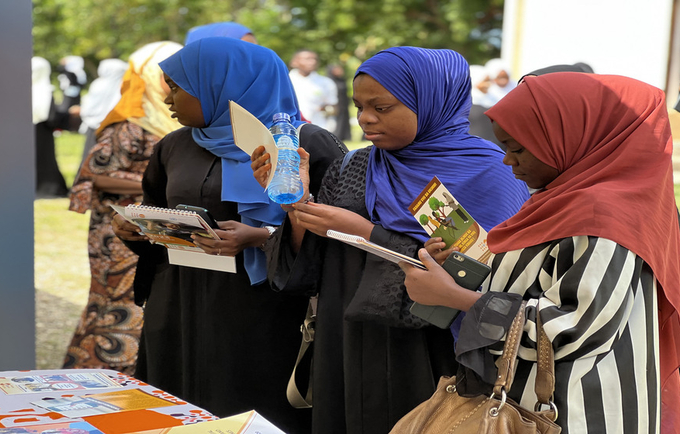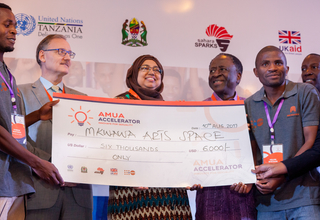"Unleashing the power of gender equality: Uplifting the voices of women and girls to unlock our world’s infinite possibilities".
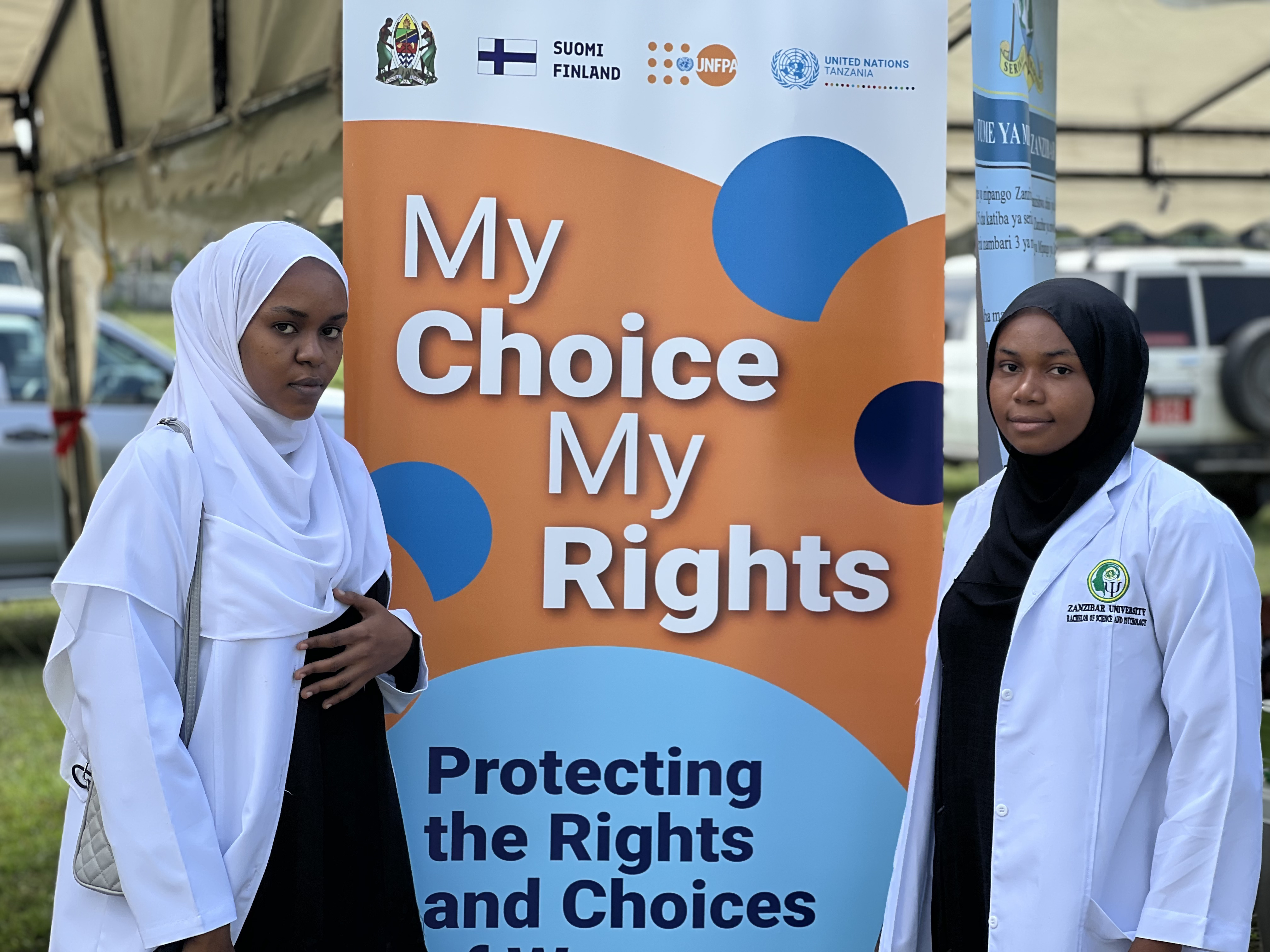
Today, The United Nations Sexual and Reproductive Health Agency, the Revolutionary Government of Zanzibar and the Government of the United Republic of Tanzania, stakeholders, young people and other partners commemorate the World Population Day at State University of Zanzibar at Tunguu in Unguja - Zanzibar, which provides with an opportunity to reflect on the importance of population issues within the Tanzanian context, and how the country can fast-track progress towards achieving national priorities and it’s sustainable development goals, by harnessing the full potential of women, girls and young people.

The human family recently surpassed 8 billion people globally, the largest human population in history. This remarkable attainment takes place in a world of people living longer and healthier lives. This year's World Population Day under the theme: "Unleashing the power of gender equality: Uplifting the voices of women and girls to unlock our world’s infinite possibilities".

Present day population trends offer a real story of progress. Globally, populations are aging; since 1990, the average life expectancy globally has increased by about a decade. Over the same period, life expectancy in Tanzania has increased by more than 15 years. The advancements that enable longer and healthier lives are cause for celebration. Half of the future increase in projected global population growth by 2050 will be attributed to just 8 countries. 5 of these countries that will most contribute to population growth are in Africa - including the United Republic of Tanzania. 8 countries will make up 50% of the global population by 2050 – including Tanzania.
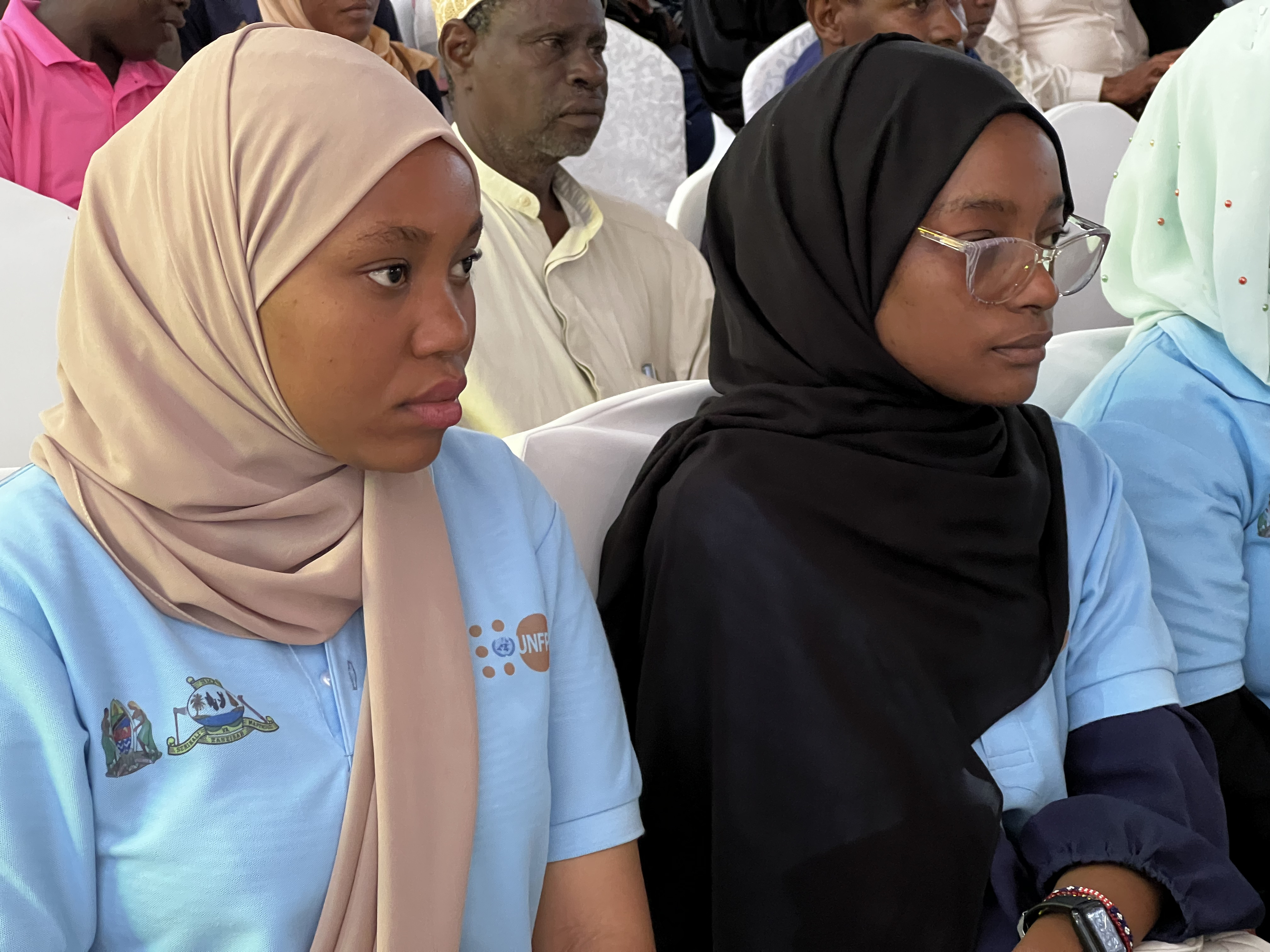
The current size of the global population, and Tanzania’s national population of nearly 62 million, have never been seen before. As reported in the 2022 census, Tanzania has an annual population growth rate of 3.2 percent while Zanzibar is 3.7% . Factors contributing to the momentum of population growth are: the fertility rate of 4.8, and increased life expectancy, now nearly 65 for men and nearly 69 for women.

In Tanzania, significant health advancements have enabled this growth: increases in the rates of births assisted by a skilled birth attendant; and in the number of women receiving 4 or more antenatal care visits, which contribute to decrease maternal mortality. Despite these key advances, however, several gaps still remain which prevent many Tanzanians, particularly women, girls and young people from achieving their full potential. Gaps in accessing education and health services, including sexual and reproductive health, high levels of gender-based violence and harmful practices, gaps in policy and legislative frameworks that undermine gender equality objectives, among other challenges.
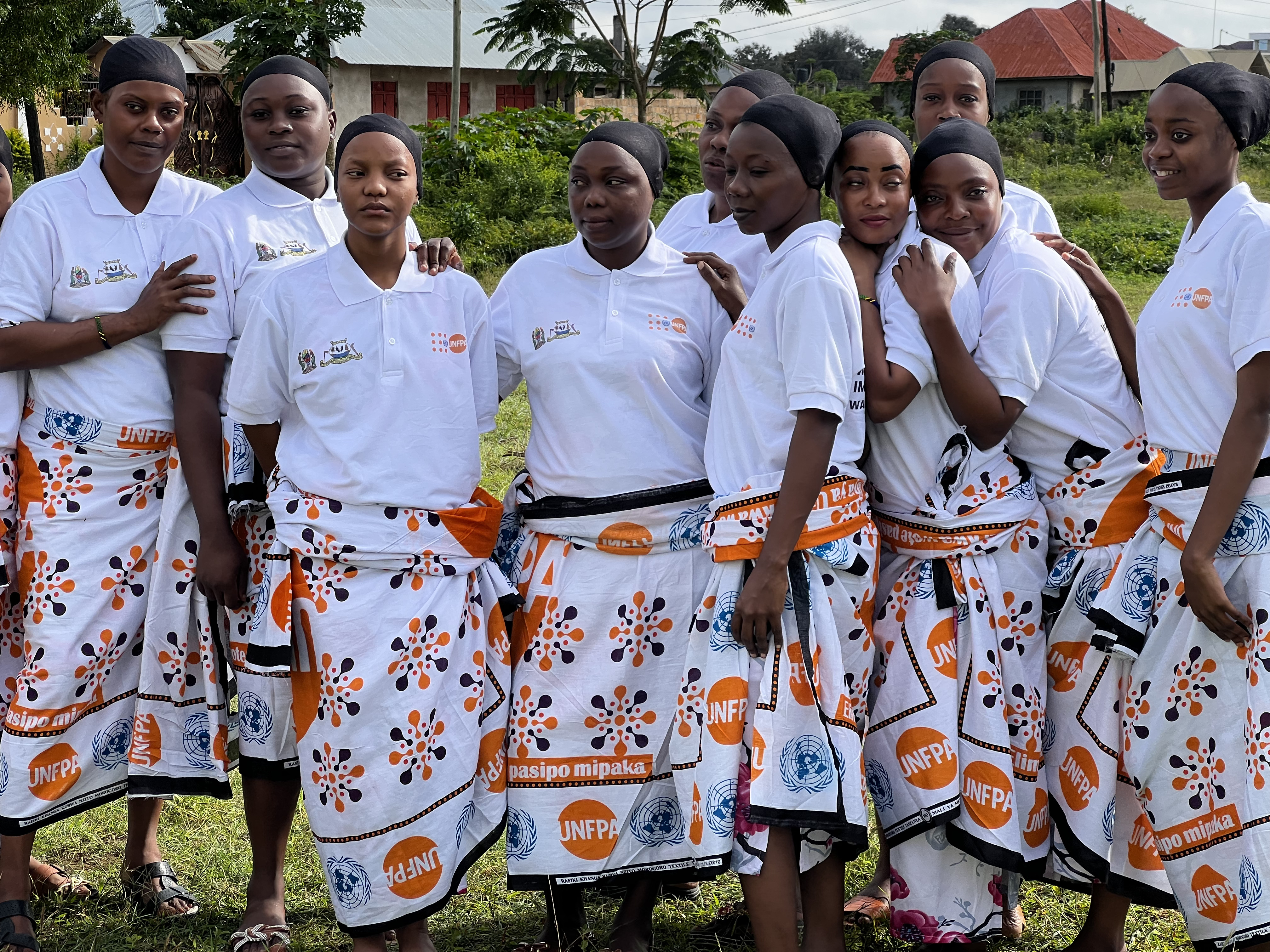
“For this reason, promoting gender equality stands at the heart of UNFPA’s work, recognizing that sexual and reproductive health and rights for all, is the foundation for gender equality, dignity and opportunity”. Said Mark Bryan Schreiner, UNFPA Country Representative, United Republic of Tanzania “This year, we will use this day - World Population Day - to reinvigorate conversations and efforts towards empowering women and girls with equal rights and choices in a world of 8 billion”.
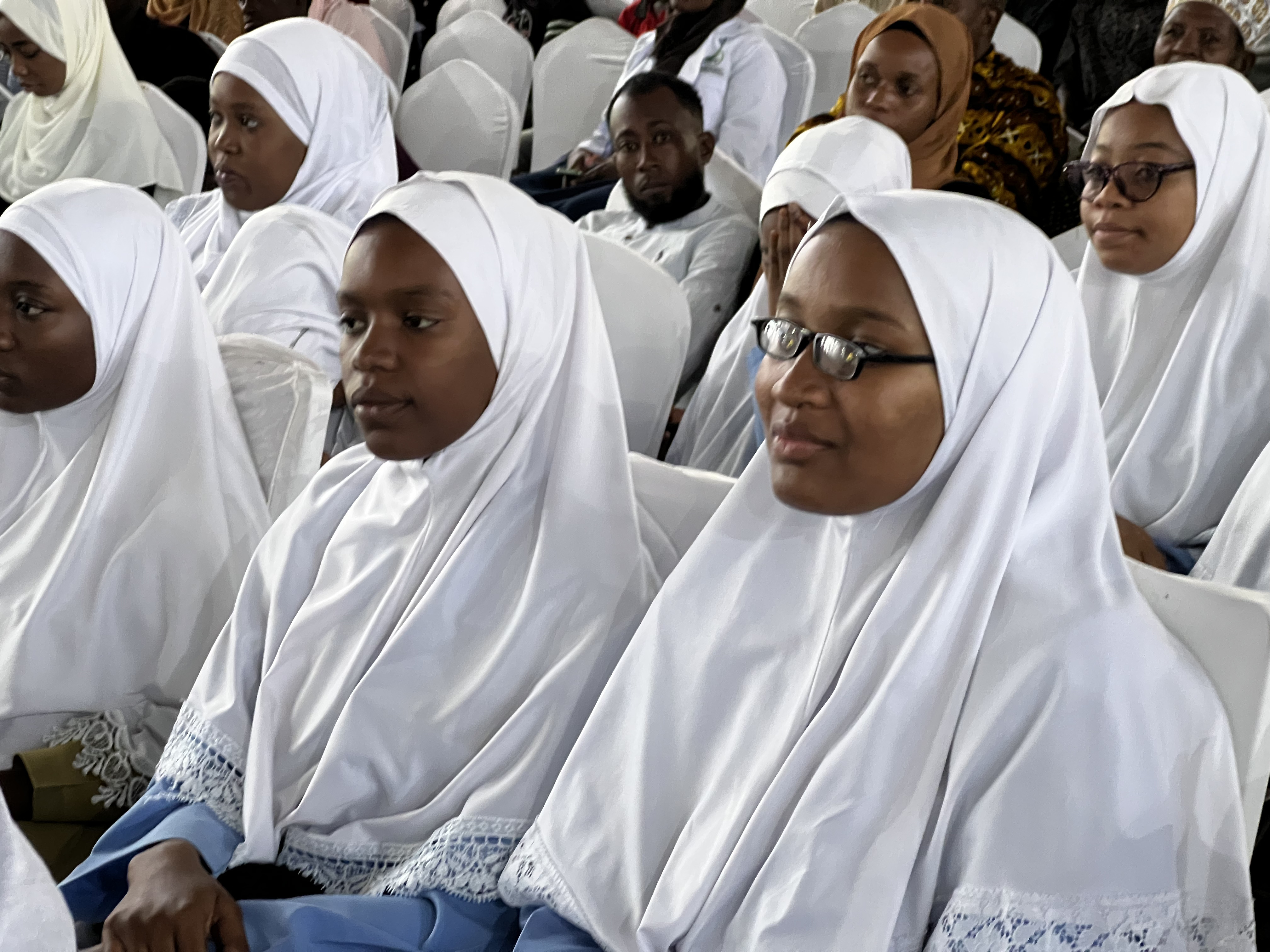
There is strong evidence that education and family planning can yield enormous dividends in economic growth and human capital development. Just as physical capital, such as infrastructure and machinery, drives economic growth, human capital is equally crucial in fuelling a nation's progress, and therefore, investing in human capital is about improving individual lives and creating a skilled and productive workforce that drives innovation, competitiveness, and economic prosperity. Countries that prioritize quality education, vocational training, and accessible healthcare systems empower their citizens to contribute effectively to the labour market. They develop the expertise needed to adapt to technological advancements and drive economic transformation.
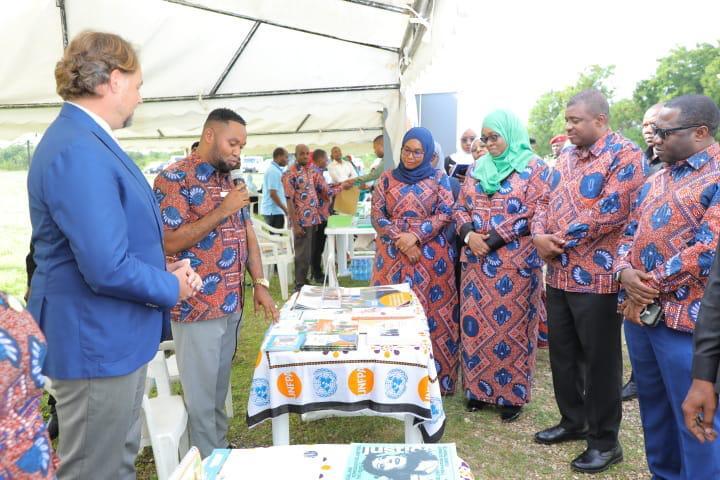
On this World Population Day, UNFPA advocate for accelerating the advancement of gender equality – through access to sexual and reproductive health and rights, improved education, appropriate labour policies, and equitable norms in the workplace and home . This will result in healthier families, stronger economies, and resilient societies. Evidence has shown that there is significant potential to increase productivity and facilitate income growth by achieving gender parity in the workforce. It is estimated that if gender equality was fully met today worldwide, it would bring about an 11% increase in GDP by 2025; this percentage may be even higher in Tanzania.
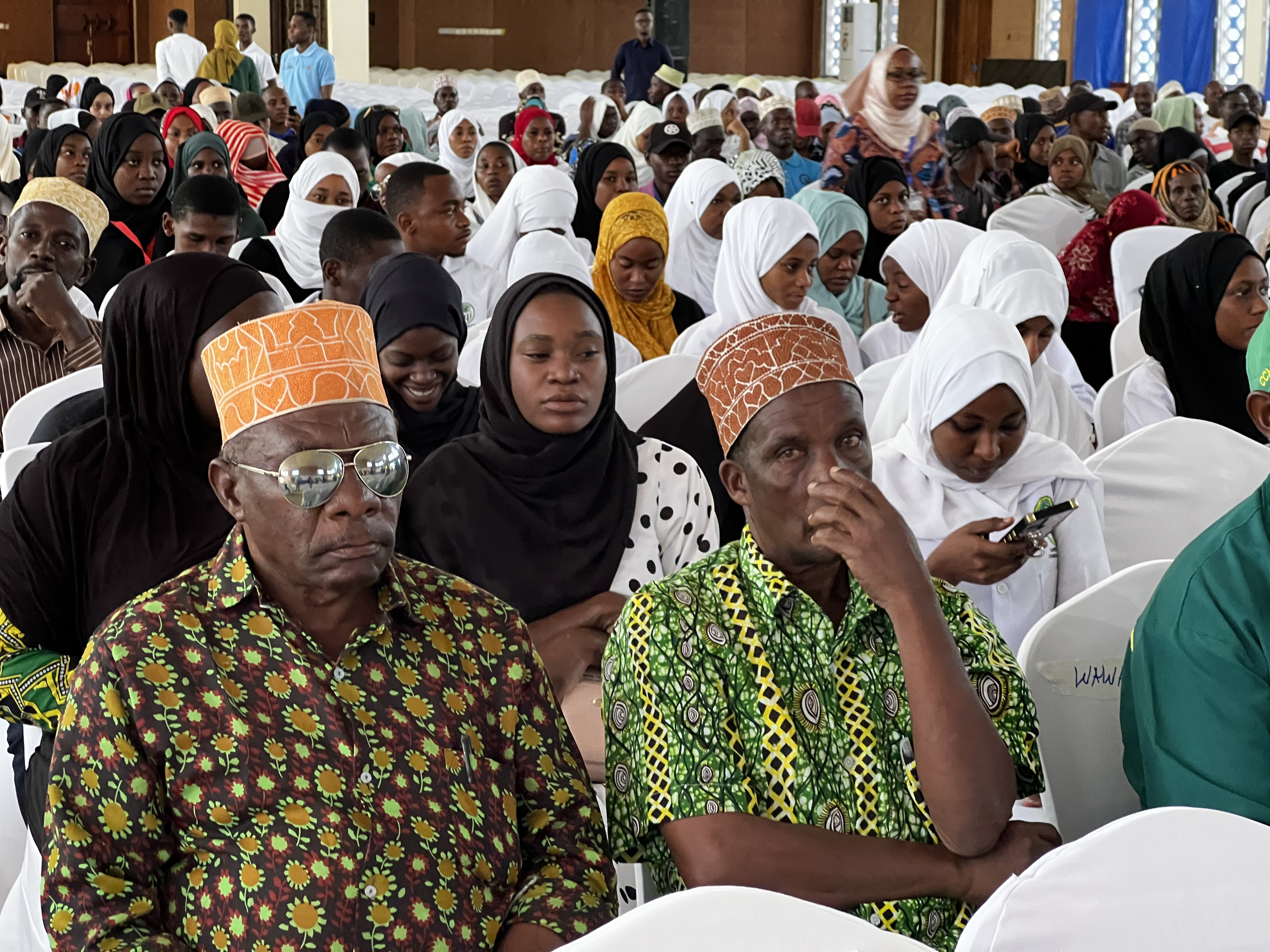
More than 60 per cent of the population in Tanzania is below the age of 24; and the number of young people is increasing. This growth means that immediate investment is needed in employment, education and health, especially sexual and reproductive health services of our young people, including adolescent girls and young women. Every $1 invested in family planning can save governments up to $6. Investments in adolescents and youths, including sexual and reproductive health (SRH) services, quality education, vocational training, and skill development programs that equip youth with the necessary tools to succeed in the modern labor market, can accelerate the attainment of the demographic dividend, and contribute to national development targets.

Young people who are empowered with rights and choices are key to fostering a more prosperous and sustainable future; they bring infinite possibilities to their households, communities and society. On this World Population Day, advancing gender equality is a key solution to addressing many population concerns, and that realizing sexual and reproductive health and rights is the foundation for gender equality.
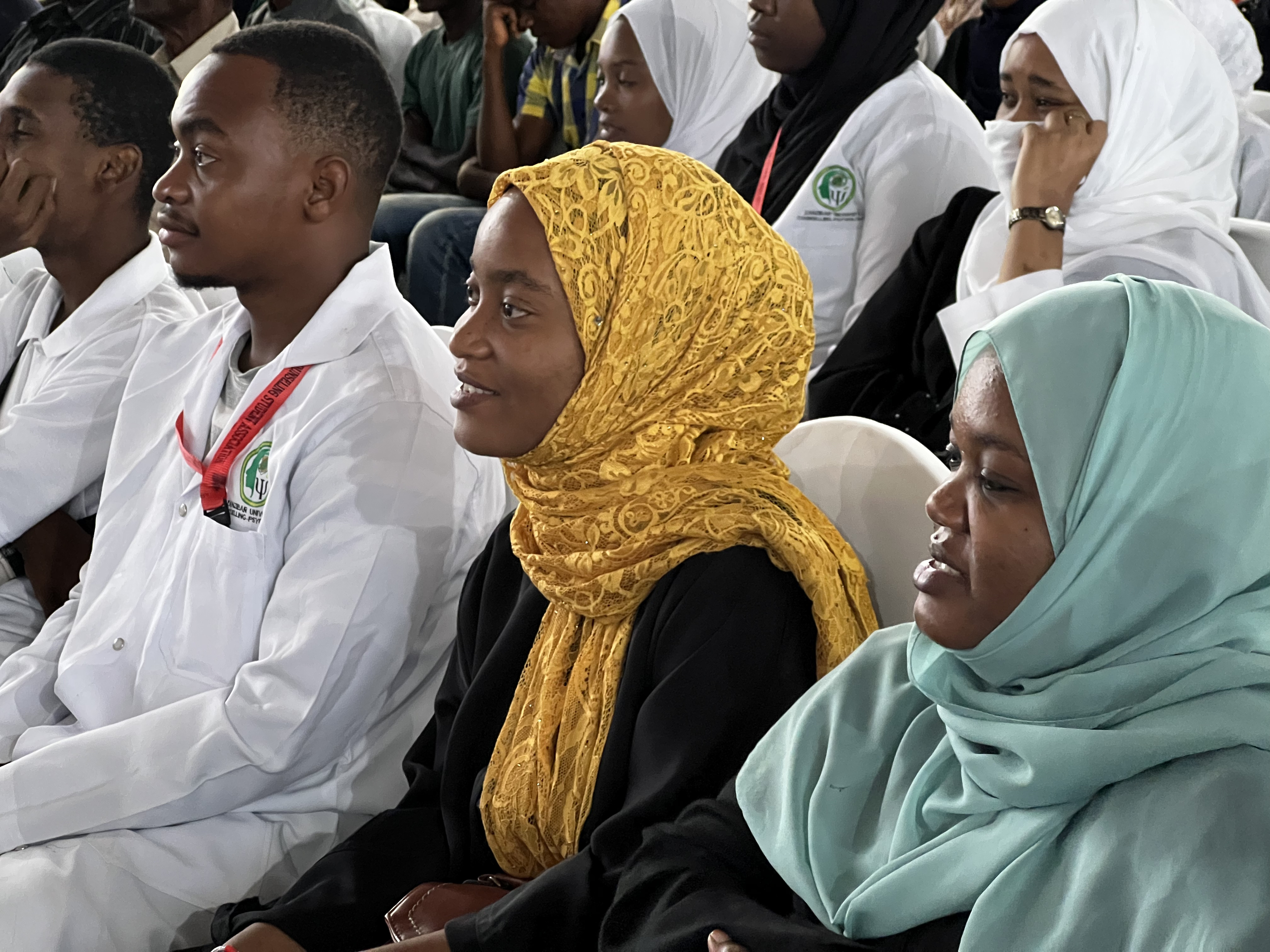
It is therefore our collective responsibility to ensure that young people, women and girls have access to sexual and reproductive health services. By investing in sexual and reproductive health (SRH), healthcare, education, skills development, and creating favourable conditions for the working-age population, Tanzania can unlock it’s potential for sustainable growth, reduce poverty, and foster social development.
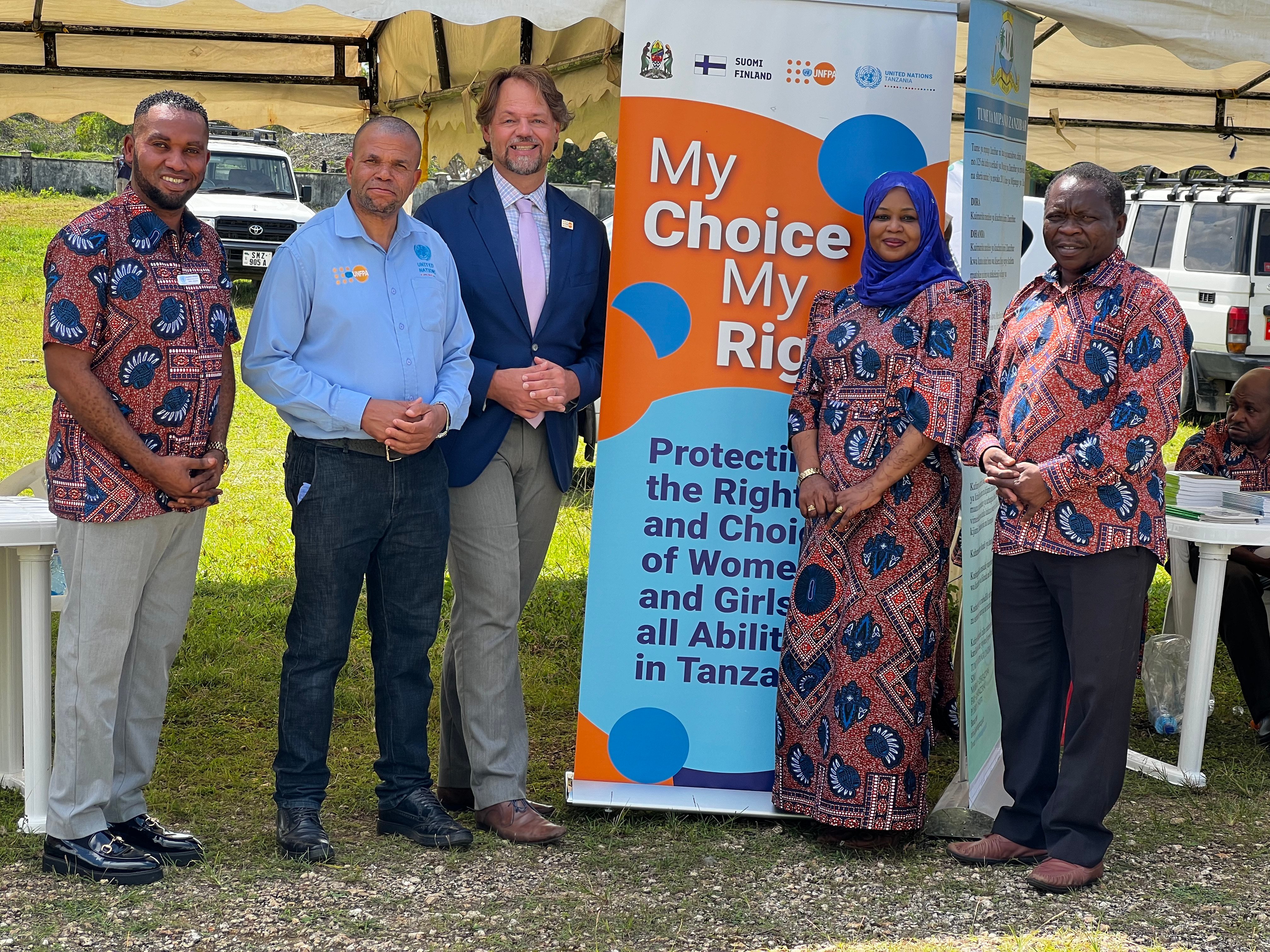
UNFPA commend the Government for Tanzania's commitment to developing human capital through its efforts in education, healthcare, skills development, and gender equality. UNFPA commits to continued collaboration with the government and key stakeholders in this country to ensure that the population of the United Republic of Tanzania, particularly women, girls and young people can claim their rights, and make choices that will allow them to fulfil their potential, and build a prosperous future for this country and it’s people.
For Media queries and further information, please contact:
Warren Bright, UNFPA Tanzania Communications Analyst, Mobile: +255 764 43 44 45, Email: bwarren@unfpa.org
